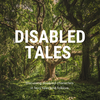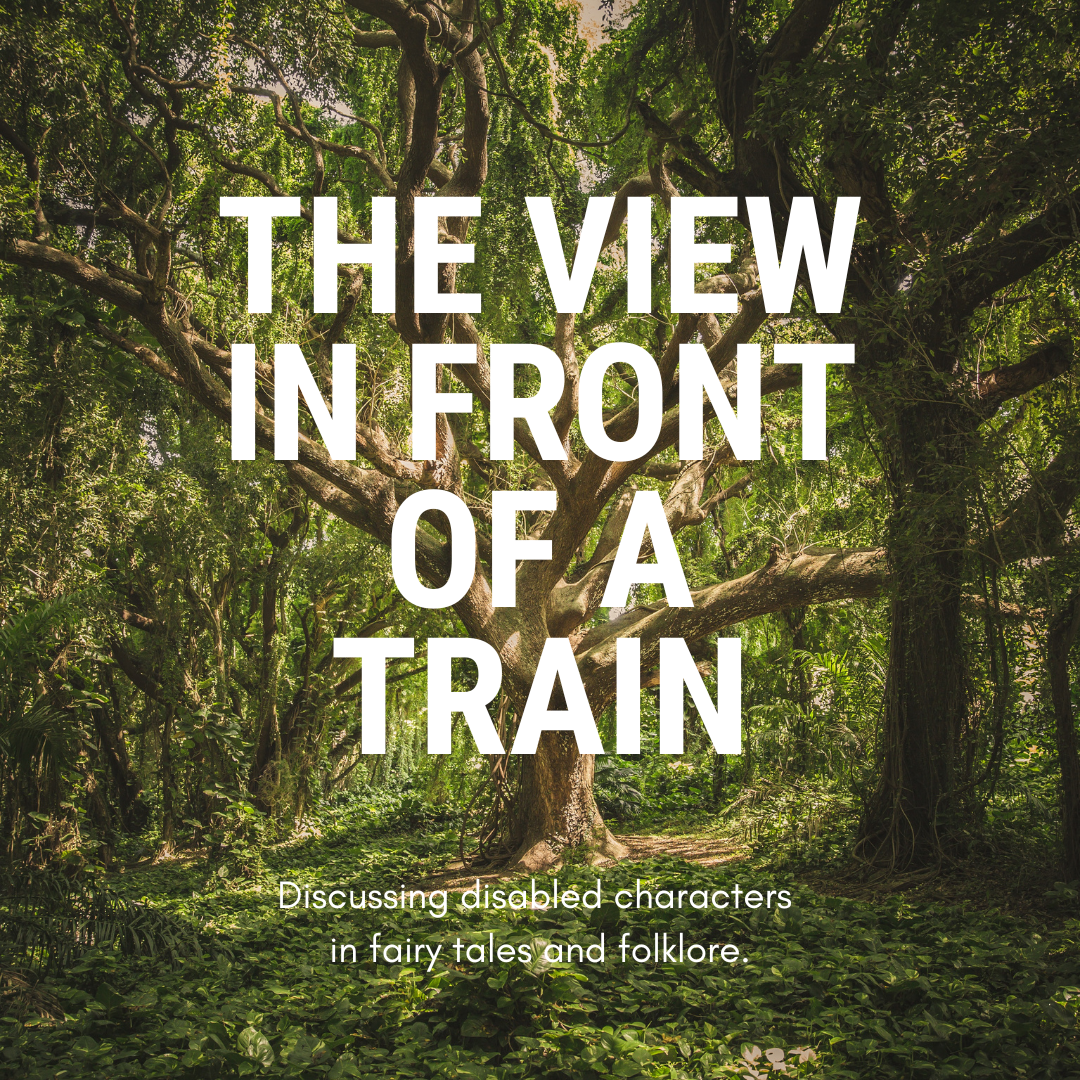|
CW: Suicidal ideation and (unsuccessful) suicide attempt, mental illness, gore. The noonwraith floated next to her grandmother’s coffin. Her white dress swayed in the absent wind, the blood from her scythe dripped onto the black earth. Maria could not see her face, for it was covered by blinding sunlight. A sickening heat came across her body, rising from her chest to her head. The strength left her limbs. White flashes dotted her sight. She could no longer see the casket, the noonwraith, the mourners surrounding her. She awoke not long later, slumped against the walls of the wooden church. Heatstroke, her father said. It had been a hot spring afternoon, and the sun beating down on the funeral guests caused Maria to pass out. Her grandmother’s death was also a reason, he insisted. Maria was not stupid. At the wake, she heard the whispers from her family’s neighbors and the rumors that swirled around the village when she refused to leave her house for months. Mad and cursed was what they called her, and she believed them. # “Marysia, you do not need to get married,” said her mother over a small dinner of potato pierogi. That did not comfort her. The thought of a man touching her during her wedding night made her feel an unease that she could not explain to anyone. Tap. “The Dudeks down the road have a cousin who went to America,” said her father. “Where did he go, kochanie?” Tap. “Chicago,” said her mother. “He took a ship from Hamburg. But he found a job within a week. Why, at this rate he will be richer than all of us in Piechoty combined!” Tap. Maria muttered that she would think about it. Chicago, Hamburg, all places she could never hope to see. But perhaps her mother had a point. Their potato stores were dwindling, and her grandmother’s funeral was a large expense even with help from others. Yet, the journey across the sea would cost even more, and she was already ashamed that her parents spent money on her when she did not deserve it. Tap. Her parents heard nothing. Metal screeched as it slid against the walls of the house to the window behind her parents. The hook of a bloody scythe slid across the window frame, hooking it like a grotesque animal claw. # Years before, the entire village had come out to see the building of the new train tracks going north and south. There was no rail station; there was no use putting one in a village such as Piechoty, but Ewa loved to see the trains passing by. “I’m going to be on those one day,” she had said. A train drove by like thunder, the smoke from its stack belching like a dragon’s mouth. It was a hot summer’s day, and the two girls were sitting down in a gold field of rye. Maria wondered where she would even go, the world was so small. “Kraków,” Ewa said with a smile. Her lips were as red as strawberries, and her blue eyes sparkled with dreams Maria could not hope to comprehend. “Or better, Vienna.” All those cities were far, far from Piechoty and Maria. “Good.” Ewa stood up, her dark braid bouncing against her back. “The further, the better. Jan agrees.” The name of Ewa’s betrothed shot a pang through Maria’s heart. # Maria walked along the tracks. The gravel crunched underneath her boots and the hot sun bore onto her back. The ground vibrated. In the distance, a train was coming behind her. “Why are you telling me this?” Ewa’s voice shouted in her ear. Because Ewa was getting married and leaving next week. Because Ewa was the most beautiful person she had seen. Because Maria did not want Ewa to forget about her. “I do not know what you want me to do!” Ewa had stepped backwards onto the tracks, and Maria felt that thunderous rumbling, and she could not scream. The train whistle drowned the silence in her ears, a crunch she never forgot. Red, bones, and brain splattered her dress. She could see the train wheels turn in front of her now. The ground shook, splitting like Hell coming for her and her sins. This was not what she wanted; this was not what she thought would happen. The wind blew quick and hot into her face, and the world gave out from under her. # Maria had not yet died. She lay face-first in the field, her nose tickled by stalks of grain and her fist clenched in black earth. She turned onto her back, and the noonwraith loomed over her, blocking out the midday sun. The blinding light had left her face. Souls could only return from the dead in two ways—on All Souls’ Day or dying a violent death. Noonwraiths had been killed before their wedding days. Ewa smiled at her in relief and reached out her bony hand. Maria did not recognize that touch. Ewa was not the one to push her out of the way. The train had left now, heading to its destination far to the south and where the tracks’ journey continued to lands beyond. # There were many young Polish women at the garment factory. Quite a few of them came from Galicia like her, and almost all of them came to America in the past two years. She was introduced to them when she started, but she kept her head down and voice low. The work was hard, and the pay was low. Besides, she did not have very interesting things to say. The sound of the sewing machines buzzed in her ears as much as the voice of the woman next to her. Maria learned more English listening to Margaret Ryan than in the small language book she read while traveling. “Maria, do you want to go to Schaller’s for something to eat?” said Margaret one Friday. She had taken off her head covering to reveal hair the color of chestnut. Maria could only stammer a small “good” in response. South Side of Chicago burst with life: men returned from the stockyards, children played in the streets, the sound of Polish, Slovak, Lithuanian swelled in the air as much as the ringing of streetcars. Maria stepped out into the cold autumn evening, and a warm breeze touched her cheeks, gentle as a kiss.
0 Comments
|
Disabled TalesDiscussing disabled characters in fairy tales and folklore! Categories
All
Archives
June 2024
|


